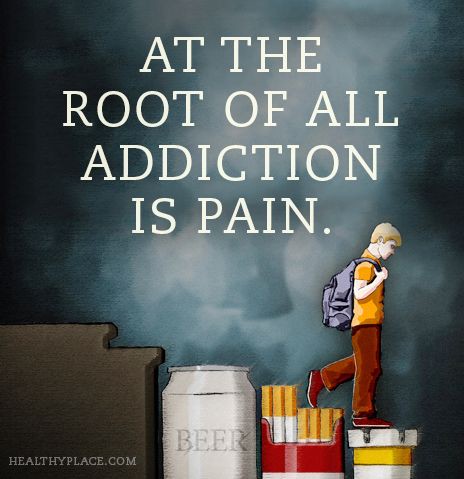
Addiction recovery is developing right now. New and older but still effective treatment plans are being researched and honed. Each type of addiction is studied to unlock the chemical hooks that entrap the user.
Prior research on the neurobiology of addiction has focused on the subcortical systems, such as the amygdala and mesolimbic/dopamine system, to understand the motivation to seek drugs. Recent evidence indicates that a largely overlooked structure, the insula, plays a crucial part in the conscious urges to take drugs.
The insula has been highlighted as a region that integrates bodily states into conscious feelings and into decision-making processes that involve uncertain risk and reward. It has been dubbed 'the hidden island of addiction' by researchers.
Addiction to drugs is at epidemic levels. Mobile morgues are handling overdose victims in some states hardest hit by the opioid crisis. By itself, cigarette smoking is the most common addictive behavior and is the largest preventable cause of death in the developed world. Some say nicotine is harder to give up than heroin. Its chemical hooks plunge that deep.
Drug addiction is a psychological imbalance that turns into a physical addiction. Compulsive use of drugs that persists despite negative consequences is the hallmark of addiction. Impaired driving is the awful choice many make.
'Chemical use disorder' is set of physiological and psychological processes, such as tolerance, withdrawal, constant urges and poor decision making. Each have distinct yet complementary roles in the development and maintenance of addiction.
For now, an addict's best friend is knowledge. Choosing who to share information with is critical in getting actual help and not a damning lecture. Exposing an issue leads many to immediately shun the user. What has been described as 'tough love' has led straight to the cemetery or morgue for thousands upon thousands of families.
These 'accidental addicts' are the product of a profit-driven drug industry that is crippling our country. Oxycontin was introduced with a 'low risk of addiction.' My little sister 'accidentally' believed them and took what her doctor 'accidentally' prescribed. We buried her two years later.
There is no more time to blame the user until we preserve the innocent victims. Treat addiction as an imbalance, instead of a moral failing, that must be addressed by professionals. MAT-medication assisted therapy-is new but starting to prove effective in curbing active addiction.
Every addict tells the same story. Not one planned to get up, ingest a soothing chemical and completely destroy his life and everyone around him. It is a nightmare that is shared in recovery groups around the world.
Addiction treatment is like fishing in the boat with Jesus. If you've tried it before and it didn't work, cast your net again. This time, a treatment option that works may be within reach. Be ready for it.
Comments